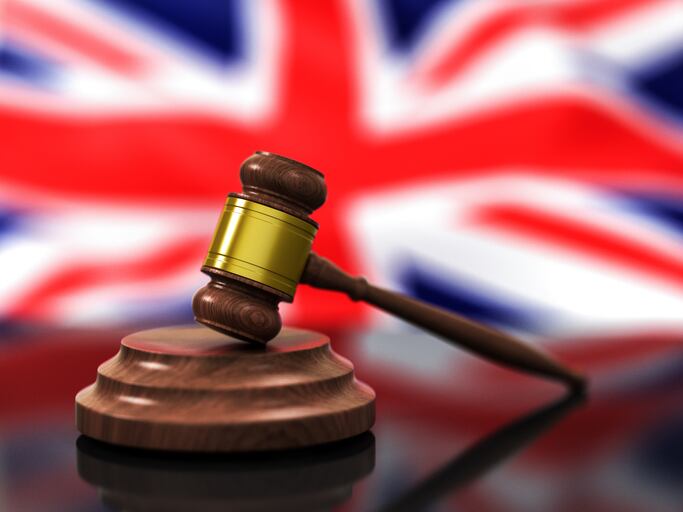The Digital Markets, Competition and Consumer Bill (DMCCB) aims to support the digital economy whilst protecting consumers and provide a fairer environment for all.
In addition to enhanced enforcement powers and penalties, the DMCCB provides some key changes to the way subscription services are offered and the consumer’s rights.
Key changes
Cooling off rights: With some exceptions, consumers have a right to cancel subscription contracts within 14 days of being entered into. Consumers will also have an additional 14 day cooling off period after the expiry an introductory free or discounted period and any renewal which commits the consumer to a further period of 12 months or more.
Cooling off notice: For each cooling off period you must give the consumer a "cooling off notice" which sets out:
- Continuation of the subscription
- Explanation to the consumer about the right to cancel during the cooling-off period and how they do this
- When the cooling off period begins and ends.
- If the consumer may lose the right to exercise their cooling off rights, the circumstances under which that will happen.
- What happens when the consumer exercises their right to cancel during the cooling off period, including details of any:
- Refund;
- Why the refund might be reduced;
- In relation to goods, if the consumer needs to return these.
You must give a cooling-off notice on the first day of the renewal cooling-off period or as soon as reasonably practicable thereafter, separately from the giving of any other information.
End of contract notice: When consumers cancel their subscription by exercising their cooling off rights or through their contractual rights (if any), you must give them an "end of contract notice". The DMCCB goes into detail about what this must contain.
Reminder notices for renewal payments: The DMCCB provides that the company must give consumers a reminder notice of renewal payment, including:
- First renewal payment: Regardless of the frequency with which payments are made, e.g. at the end of the loyalty subscription or at the end of the introductory offer.
- Last renewal payment due: Where renewal payments are due every six months or more frequently, a reminder must be given in respect of the last renewal payment due before the expiry of each six month period.
- Each renewal payment: Where renewal payments are due less frequently than every six months, a reminder must be given in respect of each renewal payment.
For these purposes a “renewal payment” is one the consumer could avoid by exercising an existing right to terminate.
The DMCCB goes on to specify what a reminder notice must contain, which includes details such as the date the consumer needs to pay the renewal payment and the amount, the steps that the consumer must take to terminate the contract before it renews so as to avoid becoming liable for any further payment under the contract and any relevant dates. There is additional information you also need to provide such as, if the amount is higher than an introductory amount.
Reminder notices must be given separately from any other information. Interestingly, the DMCCB Explanatory Notes comment that they must not also serve as marketing material.
A reminder notice must be given within a specific time period as part of the key pre-contract information. The DMCCB goes into further detail about the timings for reminder notices depending on the length of the subscription.
The DMCCB
Consisting of six parts and 26 schedules - the DMCCB has been making its way through the parliamentary process since early 2023.
It aims to create two separate regimes for the civil enforcement of consumer law to protect the “collective interests” of consumers:
- A court-based regime which would simplify and enhance the court enforcement procedure currently provided by Part 8 of the Enterprise Act 2002 (EA 2022). It would empower the courts to impose monetary penalties on traders who breach consumer laws or do not comply with undertakings.
- A direct enforcement regime administered by the Competition and Markets Authority (CMA). The CMA would be given significant new powers to investigate and take enforcement action, including imposing monetary penalties, in respect of infringements of certain consumer protection laws, breach of undertakings and non-compliance with CMA directions.
The Bill further aims to:
- Revoke the Consumer Protection from Unfair Trading Regulations 2008 (CPRs) (retained EU law) and recreate their effect, with minor amendments, prohibiting unfair commercial practices in business to consumer relationships. The Bill would largely replicate this list and, importantly, create a power to make regulations that could add to it. The Government has said that it would use this power to prohibit fake reviews online and plans to consult on this during the passage of the Bill.
- Tackle “subscription traps” by imposing new duties on traders, as explained above.
- Give new protections to consumers who make advance payments to consumer saving scheme contracts (eg Christmas saving clubs).
- Prohibit alternative dispute resolution (ADR) procedures for consumer contracts where the provider is not accredited nor exempt. The Bill makes provision for accreditation and exception, related requirements, and enforcement.
With its third reading at the House of Lords expected to take place tomorrow (Mar. 26), this will be the final opportunity for amendments.
Next, parliament will consider amendments before finally giving it formal approval as an act of legislature.

